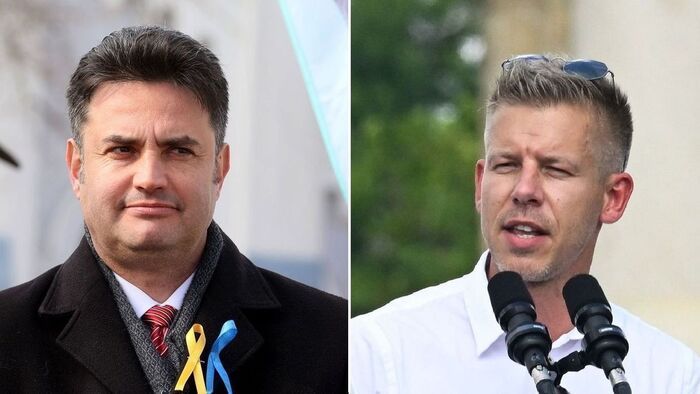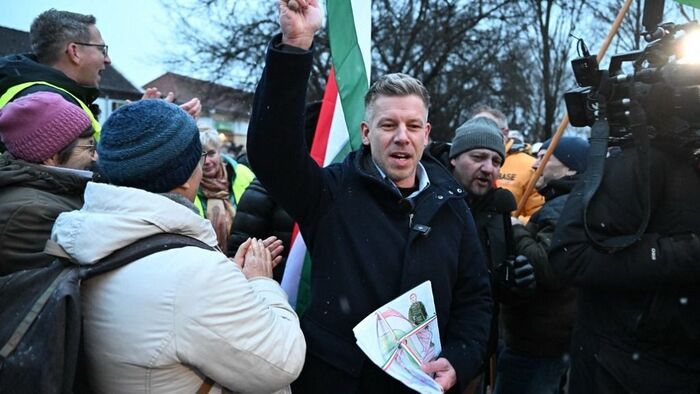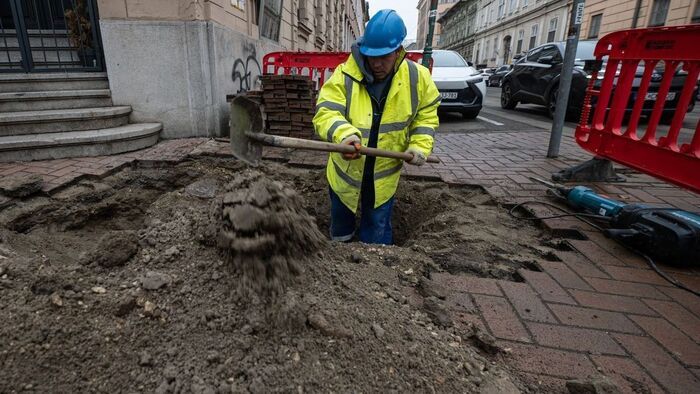“We have mobilized 4.5–5 billion forints (approx. 11.3-12.5 million euros) and identified several hundred intervention points across the country, where we have prepared for the drought situation by improving the water flow of irrigation canals and by retaining water,” the Prime Minister told Baon.hu regarding the drought protection measures.
Viktor Orban added that these steps do not yet protect the country from drought, as agriculture is facing increasing difficulties, and only parts of the country can currently be irrigated.
At present, Hungary has roughly 110,000 hectares of irrigated land, and the plan is to triple this,
he said, noting that they are doing everything possible in the fight against drought, but these efforts can only mitigate drought damage.
In response to the question of what can be done for farmers during a severe drought, the prime minister explained: since farmers generally don't have the funds for irrigation, the greatest help they can be given is providing water free of charge. According to Orban, this free water would save Hungarian farmers a total of 10–12 billion forints (approx. 25-30 million euros) in irrigation costs.
The exclusive video interview with Viktor Orban on drought protection can be viewed in this article.
Earlier, Magyar Nemzet reported that the prime minister also shared a video of his visit to Dunapataj on his own social media page.
In the caption for the video, he wrote wrote:
We have mobilized 1,000 people and over 200 machines to fight against drought. We are giving water to farmers for free, even if the people in Brussels don’t like it!
Following the PM’s visit, Csaba Dusnoki, the independent mayor of Dunapataj, reminded the public that the Prime Minister Viktor Orban had established the Drought Protection Operational Task Force and allocated funds for its work, which is a significant help for farmers.
The funds are being used to dredge the Szelidi Lake canal bed, which is currently overgrown with vegetation and unable to carry water.
After the work is completed, the cleared channel bed will be filled with water from the Danube, making it suitable for operating the irrigation equipment of local farmers and saving their crops.























Szóljon hozzá!
Jelenleg csak a hozzászólások egy kis részét látja. Hozzászóláshoz és a további kommentek megtekintéséhez lépjen be, vagy regisztráljon!